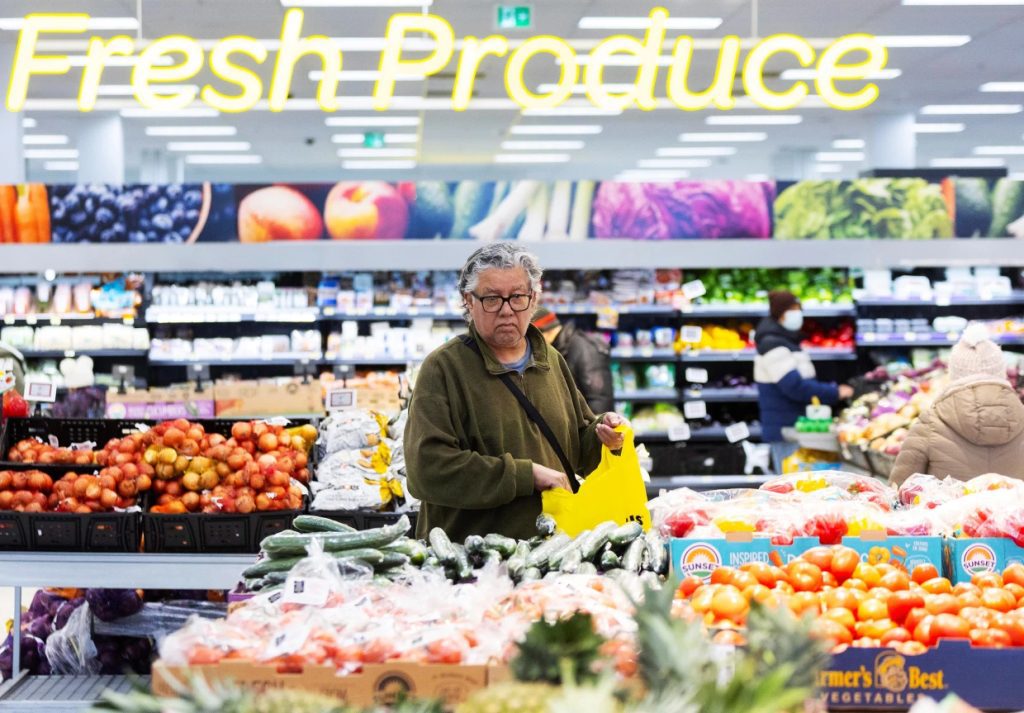Walmart, the largest grocer in the United States by revenue, is stepping up its game in the private label market with the launch of a new grocery brand named BetterGoods. This brand aims to cater to the evolving tastes of consumers seeking both quality and affordability in their food purchases. Priced mostly under $5, BetterGoods is set to offer a variety of trend-driven and chef-inspired food items. This move reflects Walmart’s ongoing strategy to not only retain the customers it has gained during the inflationary period but also to expand its market share in the fiercely competitive grocery sector.
The introduction of BetterGoods is part of Walmart’s broader effort to enhance its grocery business, which accounted for nearly 60% of its U.S. sales in the most recent fiscal year. With net sales for groceries rising nearly 7% year over year to $264.2 billion, Walmart continues to leverage its size and scale to meet consumer demand for lower-priced alternatives amidst ongoing economic challenges.
Market Trends and Competitive Landscape
The launch of BetterGoods comes at a time when consumers are increasingly turning to store brands as a cost-effective alternative to national brands. This shift has been influenced by several factors, including product shortages during the Covid-19 pandemic and the subsequent inflationary pressures that have squeezed household budgets. Retailers like Aldi, Lidl, and Trader Joe’s have successfully attracted customers with their private labels, prompting Walmart to innovate its product offerings to stay competitive.
Moreover, the popularity of private labels has been reshaping consumer perceptions, with many shoppers now viewing them as comparable, if not superior, in quality to their branded counterparts. Walmart’s move to introduce items with culinary flair, plant-based options, and clean ingredients under the BetterGoods label is a direct response to these changing consumer preferences and the success of competitors’ private labels like Costco’s Kirkland and Target’s Good & Gather.
Walmart’s Private Label Strategy
Walmart’s strategic focus on expanding its private label assortment is not new, but BetterGoods represents a significant enhancement in terms of quality and variety. The brand will encompass a wide range of products across multiple categories, including frozen foods, dairy, and snacks. This approach aims to not only fill gaps left by national brands but also to offer unique products that can drive customer loyalty and differentiate Walmart in a crowded market.
By integrating items such as creamy corn jalapeño chowder and oat milk non-dairy frozen dessert into its lineup, Walmart is tapping into current food trends that emphasize health, wellness, and global flavors. This strategy is aligned with broader industry movements towards sustainability and dietary specificities, which are increasingly influencing purchasing decisions, especially among younger consumers.
Conclusion and Future Outlook
As Walmart rolls out BetterGoods across its stores, the impact of this new private label will be closely watched by industry analysts and competitors alike. If successful, BetterGoods could set a new standard for private labels in the grocery sector, combining affordability with the kind of high-quality, innovative products typically associated with specialty brands. For Walmart, the challenge will be to maintain the delicate balance between quality and cost-efficiency, ensuring that BetterGoods enhances the company’s reputation and bottom line in an increasingly competitive market.
In conclusion, Walmart’s launch of BetterGoods reflects a strategic response to market trends and competitive pressures, emphasizing the retailer’s adaptability and its commitment to meeting consumer needs. This initiative may well influence future developments in the grocery industry, as retailers continue to adjust to changing economic conditions and consumer preferences.














